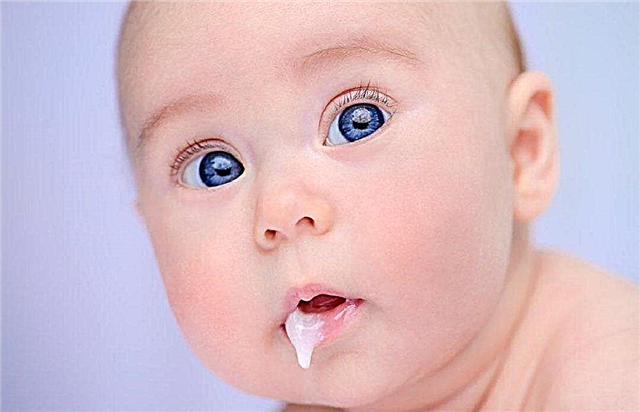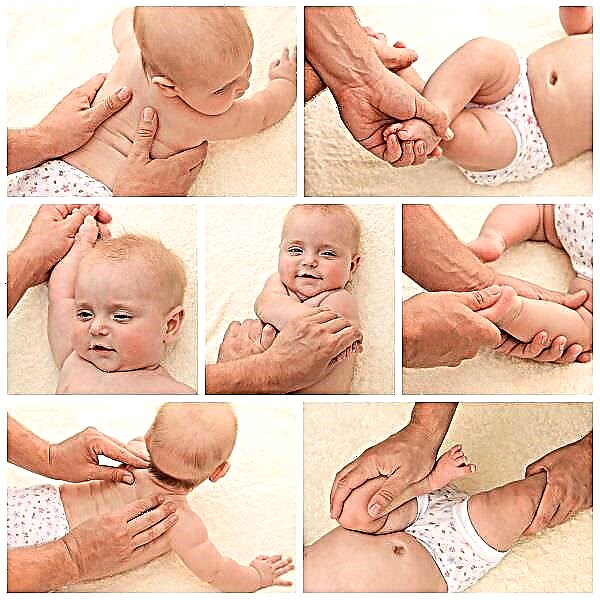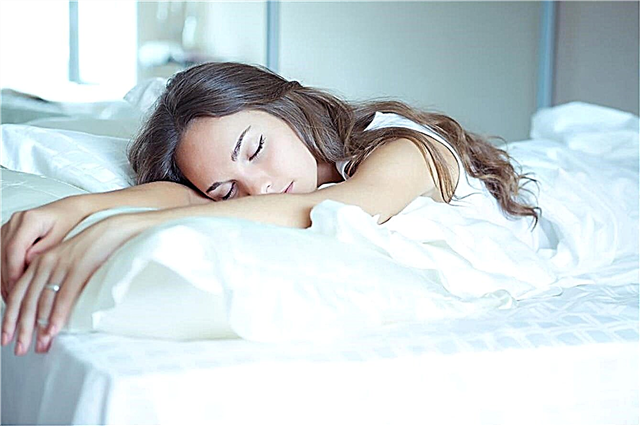Domestic pediatricians claim that children under one year old need to be bathed daily or at least once every two days. Indeed, for a baby, taking a bath is not only a cleansing of dirt, but also a powerful hardening procedure that strengthens the body, improves sleep and appetite. However, if the baby is sick, contact with water is not always helpful.

Bathing a baby is an important and responsible procedure
How to decide about bathing
When deciding whether a baby should take a bath, parents should consider:
- well-being of the baby;
- the state of his health (the child is sick with something or not);
- how much time has passed since the last feeding (you cannot bathe immediately after eating, so that the baby does not vomit);
- the emotional state of the baby (if he is capricious, you must first find out the reason for crying and calm the baby, only then start bathing).
Having weighed all the pros and cons, you can make a decision.
General condition of the baby
If the baby looks healthy and vigorous, you can safely prepare a bath. The recommended water temperature is 36-37 degrees. The approved duration of the procedure is 20-30 minutes.

When deciding on bathing, they focus on general well-being
When water treatments are not prohibited
Doctors do not prohibit bathing a baby with mild manifestations of acute respiratory infections (a slight runny nose or cough), as well as allergic rashes. In the latter case, to improve the condition of the child, you can add a decoction of herbs to the bath that have a beneficial effect on the skin.
Contraindications to water treatments
If the baby does not feel well (diarrhea or vomiting, severe cough, high fever), bathing is prohibited until complete recovery. Also, you can not bathe a child while he is sick with chickenpox. It is forbidden to wet the baby's hands for several days after taking the Mantoux sample.
Attention! If swelling, irritation or edema appears at the injection site after the planned vaccination, it is better to refrain from bathing in the evening and show the reaction to the vaccination to the local pediatrician. The doctor will tell you what to do. If you wet the affected area, the picture of the allergic reaction will be erased, and it will be difficult for the doctor to diagnose.
Is it possible to soar a child in the bath
The bath as such is not contraindicated for an infant. However, not all children tolerate prolonged stay in a stuffy hot room. Therefore, if the child in the steam room becomes lethargic and restless, you should immediately stop the procedure and go with the baby to a cool place.
Attention! If parents really want to take the baby with them to the bathhouse, it is strictly forbidden to whip the baby with a broom, otherwise irritation may appear on the delicate baby skin. You should also refrain from using odorous medicinal herbs - the child may have an allergy attack.
General rules for conducting procedures
The following precautions should be taken while taking a bath:
- In no case should a baby be left alone in the bath for a minute, even in a special hammock for bathing;
- Before lowering the child into the water, check its temperature;
- It is necessary to ensure that the baby does not get water into the ears;
- The child should not stay in cold water for a long time so as not to freeze.
To avoid colds while preparing for bathing, you should prepare a change of clothes for your baby and put them in the bathroom. Staying naked for a long time after getting out of water can lead to hypothermia. It is not necessary to close the bathroom door.

After bathing, the child must immediately change into dry clothes.
Bathing rules for various diseases
It is strictly forbidden to bathe a baby if he has the following diseases:
- Flu;
- Pneumonia;
- Chicken pox.
With acute respiratory infections, everything depends on the well-being of the baby.
Baths with rhinitis
If the baby has a cold or allergic rhinitis, but the baby does not cough, it is imperative to blow the baby's snot while taking a bath. Additionally, you can rinse your nose with sea water. To relieve nasal congestion, drip vasoconstrictor drops before the procedure.
How to bathe a baby with a cough
Parents often ask if they can bathe their child when they cough with a runny nose. In this case, it all depends on the type of cough. If it is a residual moist cough without wheezing, there will be no harm from bathing. However, with a dry cough in the acute period of acute respiratory infections, it is better to refrain from water procedures.
It is known that with a dry barking cough caused by stenosis of the larynx (false croup), staying in the bathroom helps relieve an attack of suffocation, thanks to the moist air. However, in this case, bathing can be successfully replaced by inhaling saline through an inhaler. This is much better, because prolonged exposure to water can lead to hypothermia and bronchitis (pneumonia).
If, after washing, the baby began to cough up better, and sputum began to flow away, then warm, moist air is useful for the child. In this case, you can put a pot of water in the children's room, which plays the role of a humidifier.
How to bathe a child with a high fever
If the question is whether it is possible to bathe a child when coughing or not, there is no definite answer, then when asked whether it is possible to wash a baby with a high temperature, all pediatricians answer negatively. If the baby has a temperature above 38 degrees, there is no point in water procedures.
Prolonged exposure to water will only hurt. Instead of bathing, it is better to gently wipe the body of an infant or newborn girl (boy) with a baby towel dipped in cool water - this may lower the temperature.
Doctor Komarovsky's recommendations
The well-known pediatrician Komarovsky advises to rely on common sense when deciding on bathing a baby. It is necessary to soberly assess the child's condition and think about whether the baby will be comfortable in the water at the moment. If a child recently fell ill with acute respiratory infections, and the disease has reached its peak, it is unlikely that an invitation to swim will give the baby pleasure. It is better to wash the baby another time. When the baby recovers, water procedures, on the contrary, should be carried out more often. The main thing is that the water temperature is comfortable.
When washing a healthy baby, you should gradually accustom him to cool water for a hardening purpose. If the baby is sick or has recently recovered, the water temperature should be at least 37 degrees, because in this case the main thing is to provide the baby with comfortable conditions.
For any illness of a child under one year old, he is contraindicated:
- Bath;
- Sauna;
- Swimming in natural reservoirs (pond, river);
- Swimming pool visit.
Sick children under one year old and newborns are allowed to wash only at home in their bathroom. For any signs of illness, the duration of water procedures should be reduced to five to ten minutes. This is enough to cleanse the baby's skin of dirt and improve the baby's well-being. A long swim can drain the child's strength, which will lead to a weakening of the immune system, and the infant will be ill much longer.
It is recommended to bathe both sick and healthy children in the afternoon, shortly before going to bed. After taking a bath, you can no longer go out with the baby. At night, you can put on a flannel cap for the baby so that wet hair does not wet the pillow. If the head dries quickly, the hat is not needed.

Komarovsky advises to be guided by common sense
Before you decide to take a bath, you should visually assess the condition of the baby. If the baby looks lethargic and drowsy, is capricious, it is better to refuse water procedures. If a child, despite acute respiratory infections or other illness, looks vigorous and cheerful, his temperature is normal, a short bath is unlikely to harm his health.



